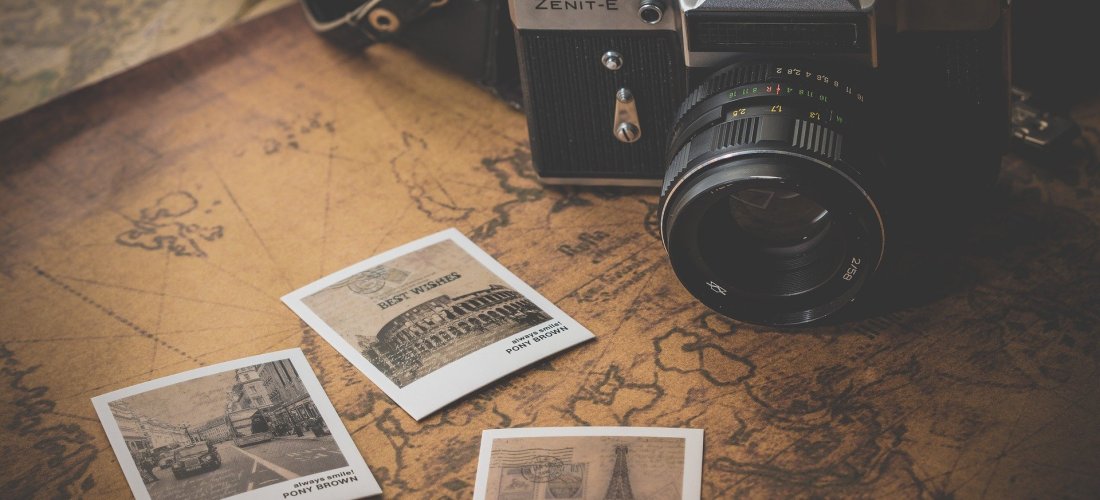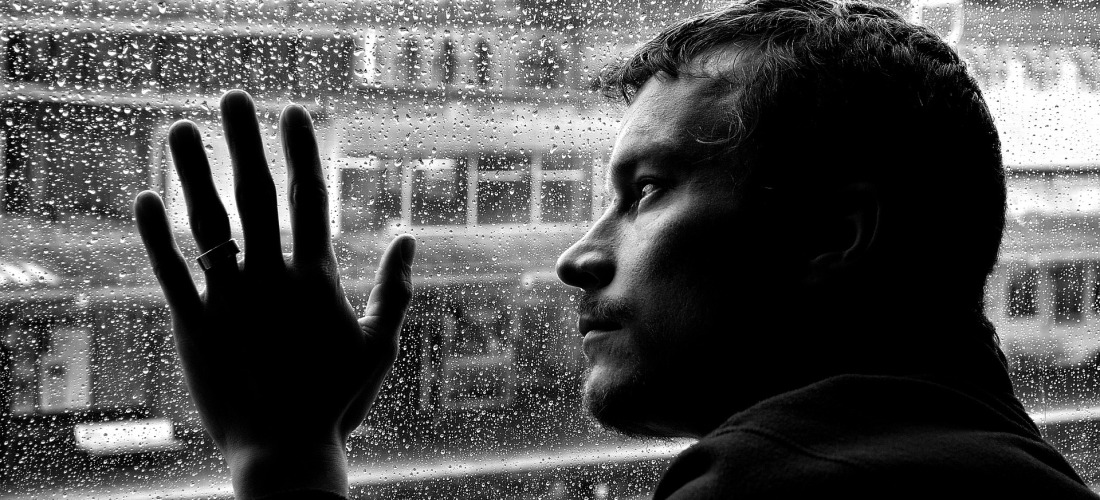My family loves travel. It’s our biggest passion in life, and a topic of conversation never too far from our minds. We have a giant map pinned to the wall of our kitchen that acts as a reference and source of ideas, and rather than movies and TV we tend to watch documentaries on different places in the world that we want to learn more about.
Each one of us has a bucket list of new places we’d like to see, or locations we’ve already been that we’d like to revisit and learn even more about. We don’t accumulate possessions, but photographs and memories. It’s a shared avocation that continues to bring us together as a family, and even unpleasant events can eventually become entertaining topics of conversation.
We’ve endured the misery of gastroenteritis in Paris, having our connecting flight from Orkney to Glasgow unceremoniously cancelled without notice and having to frantically re-book everything to reach Iceland on schedule, and arrived at an AirBnB only to find our hosts nowhere to be found. They’re problematic and frustrating while on the road, but become memorable snapshots that add to the colour and vibrancy of a trip afterwords.
And yet, the topic of whether international travel is even ethical has begun to arise more and more these days, and it’s worth examining more closely.
Impacts
Reading through the headlines and horror stories, there are two main criticisms I’ve begun to see with regards to long distance travel: pollution and overcrowding.
Travel requires fuel, and international travel requires a lot of fuel – enormous amounts of it in fact. And when you are trekking halfway across the world, as we often do, the environmental impact of getting there can be quite significant. So the question arises, how is it reasonable for us to contribute to global warming simply to get away on a holiday? Why not stay somewhere closer to home?
To add insult to injury, once you arrive at your destination, you do so along with massive throngs of other travellers. News reports tell of anti-tourist protests in Barcelona and overcrowding policies in Amsterdam and Venice, while others report locals are increasingly having problems finding places to live, with the ‘Airbnb effect’ leading to significant shortages in local housing markets.
Cruise ships dominate tiny ports never intended for behemoths of their side, resulting in thousands upon thousands of people appearing all at once, clogging the streets and alleyways in the process and polluting the water with what one watchdog labelled the “dirtiest of all fuels.” Then, after several hours of disruption, they return to their floating city and head towards another unsuspecting town.
It would seem that one family’s relaxing adventure becomes another’s burden; another stone added to the crushing weight humanity continues to encumber upon the world.
Opportunities
And yet, were there no benefits to travel, there would be no incentives to engage in it, but the reality is this isn’t the case. Chief amongst these benefits are fostering understanding, facilitating learning, and connecting people.
The spectre of nationalism has been looming for quite some time now, with some countries adopting increasingly isolationistic, self-serving policies that look out for their interests at the expense of the global good. Once unified worldwide commitments to environmental protection and carbon reduction have begun to weaken and wane, and even in the face of pandemics like coronavirus, we see places where national economic growth is being put ahead of human welfare.
In the face of what feels like a retreat from global cooperation, it’s all the more crucial to continue to recognise and embrace the diversity in the world, and explore the many languages, cultures, and people that dwell here – and a key way of doing this is through travel.
Travel pulls us out of our comfort zone and makes life feel real. It presents us with new lessons and sensations, where things are profoundly different to what we know. It makes us stop and pay attention, and helps us understand what existence looks and feels like beyond our realm of experience. It encourages us to become global citizens and acts as a crucial counterpoint to the threat of nationalism.
Changing Behaviour
And yet, the negative impacts that travel has on the world and those that live here – human or otherwise – must not be ignored. It would do no good to foster cultural understanding if it comes at the expense of the very planet we live on. We need to be considerate about how we travel, and the lives we lead when we are at home.
This requires a constant, considerate consciousness about what we buy and consume, how we approach comfort and indulgence, how we commute and get around, and what we teach our children. If we are to continue to travel as a means of seeing the world, and learning about its creatures and its people, we must ensure we offset the environmental impacts of travel by changing our behaviour and being kinder to the world at all times.







